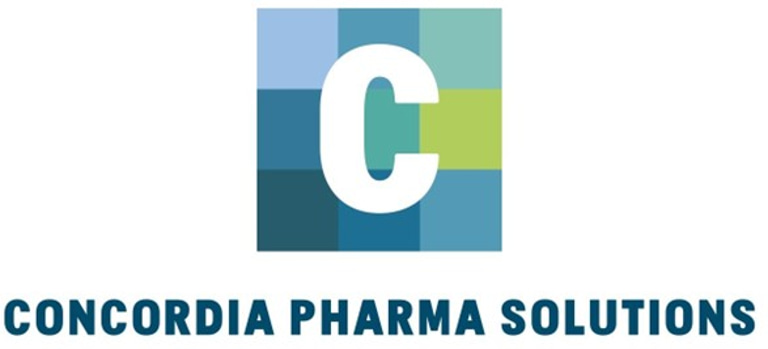Top 3 Compliance Pitfalls in 340B (and How to Avoid Them)
The 340B Program offers vital savings for covered entities, but compliance challenges can put participation at risk. Learn the top 3 340B compliance pitfalls—diversion, duplicate discounts, and OPAIS errors—and how to avoid them to keep your program audit-ready.
8/19/20251 min read


The 340B Program helps covered entities and pharmacies stretch resources and serve vulnerable patients. But the same program that saves money can also create serious risks if compliance slips.
More HRSA audits. More manufacturer restrictions. More complexity. That’s today’s reality. And for many organizations, it comes down to three major compliance pitfalls: diversion, duplicate discounts, and OPAIS errors.
1. Diversion
The Pitfall: Dispensing 340B drugs to patients who aren’t eligible under program rules. Sometimes the prescriber isn’t properly affiliated, or the encounter isn’t tied to the covered entity’s medical record.
How to Avoid It: Define patient eligibility clearly, train staff, and run at a minimum quarterly self-audits.
2. Duplicate Discounts
The Pitfall: A single drug gets both a 340B discount and a Medicaid rebate. HRSA and manufacturers pay close attention to this, and it’s one of the fastest ways to trigger findings.
How to Avoid It: Keep carve-in/out decisions current in OPAIS and reconcile Medicaid claims regularly.
3. OPAIS Database Issues
The Pitfall: The 340B Office of Pharmacy Affairs Information System (OPAIS) is the backbone of program oversight. Outdated or inaccurate entries — such as expired contracts, missing identifiers, or wrong carve-in/out settings — can cause audit findings or even eligibility issues.
How to Avoid It: Review OPAIS at least quarterly and document all updates.
Bottom Line
Staying compliant in the 340B Program isn’t about avoiding every small mistake — it’s about building a system where problems are caught early, corrected quickly, and prevented long-term.
If you focus on preventing diversion, avoiding duplicate discounts, and keeping your OPAIS database accurate, you’ll already be covering the three biggest sources of HRSA audit findings.
At Concordia Pharma Solutions, we help covered entities and pharmacies simplify compliance, strengthen internal processes, and stay audit-ready year-round. If you’d like to discuss how we can help, let’s connect.
